As an athlete, you know that nutrition is vital for your body. If you want to be the best in your sport, it takes time and training. However, all that work can be for nothing if you don’t have the right fuel for your body. You have to make sure to get the right amount of vitamins, calories, and nutrients to provide energy for your workouts.
Find the Right Balance
Nutritional needs are different for every person. Your calorie intakes can vary depending on your height, weight, age, and activity levels. Athletes tend to burn more calories, so they need more calories in their diets. Calories are the most significant sources of fuel for the body. It is recommended that the average person consumes between 1,500 to 2,000 calories per day. For an athlete, these numbers can increase from 500 to 1,000 additional calories per day.
If you are an athlete, you want to make sure that you are eating the right foods and getting the best nutrition into your body. You can always talk to a nutritionist, so you are not running on empty as you workout. While your focus should be on creating energy, you have to eat a healthy balance of food that will avoid any extreme weight gain or loss. You can get your calories in several different forms, including carbohydrates, proteins, and fats.
Load Up on Carbohydrates
The best source of calories are carbohydrates, and they are the fuel for an athlete’s body. As your body breaks them down into glucose, it stores this sugar in your muscles as glycogen. The glycogen changes into energy. Your body can save a large amount of glycogen for even the most vigorous exercises. One gram of carbohydrates is equal to four kilocalories of energy. This energy is stored in both your muscles and liver. Glycogen energy can be released more quickly than other sources.
You want to add more simple carbs into your diet since they are the easiest to break down. Simple carbs will give you a more significant boost of energy for your workouts. These carbohydrates should make up 45 percent to 65 percent of your caloric intake for the day. If you want to have long-lasting energy, stick to complex carbs. Most of these carbs are whole grain products with plenty of nutrition. You can find complex carbs in potatoes, brown rice, oatmeal, kidney beans, and whole-grain bread.
If you want an added boost for a meet or an event, you should try to load up on carbs 3 to 4 days before the big day. This can help top up on your glycogen supply. During this time, you should get about 70 percent of your calories from carbohydrates by adding pasta, cereals, fruit, vegetables, and bread into your diet.
 However, you want to watch the time before you consume your last meal. It is recommended to eat at least 3 to 4 hours before any physical activity, so you are not exercising on a full stomach. You should also avoid any starchy or sugary foods before working out since they can speed up the process of dehydration.
However, you want to watch the time before you consume your last meal. It is recommended to eat at least 3 to 4 hours before any physical activity, so you are not exercising on a full stomach. You should also avoid any starchy or sugary foods before working out since they can speed up the process of dehydration.
With any workout, you need to replenish minerals, water, and carbs. After 15 to 20 minutes, you need to eat a snack or drink some fluids. Many athletes will grab sports drinks, gels, or sports bars since these refined carbohydrates can quickly enter into the bloodstream. Don’t rule out fruits. They are a perfect way to get some extra energy into your body.
Once you have finished your workout, it is essential to reload on those carbohydrates. In this case, you can choose less refined carbs, like a carrot or whole-grain bagel. You always need to find the right balance of carbohydrates in your diet. If they are restricted, you will not have enough glycogen in your body for fuel. Not only will you struggle in your workouts, but you can also lose muscle tissue as your body tries to meet its energy needs. As an athlete, the last thing you want to do is lose muscle in your body.
Add Enough Protein
Protein is vital for your body. These nutrients help to repair and build hair, nails, skin, and muscles. For short periods, proteins are not used as a primary source of energy. When the exercise time increases, these proteins can help to maintain blood glucose levels through a process known as liver gluconeogenesis. One gram of protein can provide up to four kilocalories of energy.
Protein is another essential part of an athlete’s diet, and it also plays a role in the post-exercise recovery. Athletes need a slightly higher level of protein than the general public. Most people require around 45 to 60 grams of protein per day; however, an athlete often needs 150 grams of protein in their diets. If you are looking for ways to add more protein, eat lean meats, nuts, fish, poultry, eggs, beans, and milk. Dietary surveys have found that most athletic groups comfortably reach and often exceed their protein requirements by consuming a high-energy diet.
Many athletes are turning to milk since it has the right balance of carbohydrates and protein. In addition to that, milk also contains a high level of casein and whey protein. Some studies suggest that whey protein can be quickly absorbed in the body, and that process can speed up recovery. On the other hand, casein is broken down slowly, which can help with long-term muscle recovery.
Let’s not forget that milk is an excellent source of calcium, which will help build up bones. If you are still not meeting those protein daily goals, you can also consider adding a protein supplement to your diet.
While protein is essential for a healthy body, you want to make sure to not add too much to your diet. Excessive protein can put a strain on the kidneys. It is essential to choose a protein source that is not high in fat, so you will not increase your weight. You can add more protein to your diet, but remember to keep in other cereals, fruits, and vegetables as well.
Go Easy on Fat
Another source of calories is fat. Fat can also be a fuel source in smaller amounts. When your carbohydrate levels start to run low, your body will turn to fat for energy. These healthy fats also allow the body to have glowing skin and healthy hair. Fat is needed to absorb fat-soluble vitamins, including A, D, E, and K. These vitamins provide fatty acids that can protect vital organs in the body. While some fats are good, you should never replace carbohydrates with fats. When you do this, your body will have to work harder to convert fat into energy. Your diet should never have fat make up more than 30 percent of your daily calories.
When adding fats into your meal plan, you want to choose unsaturated fats like vegetable oils, fatty fish, avocado, olives, and nuts. These “healthy” fats are better for you than trans or saturated fats, which can raise your bad cholesterol (LDL) levels and increase your risk of type 2 diabetes and heart disease.
Add More Vitamins and Minerals
Athletes need essential vitamins for good health and athletic performance. As your activity level increases, you need to draw from different minerals and vitamins. You can easily meet these needs by eating a balanced diet.
Calcium, iron, and vitamin D are all required for proper nutrition. Along with strengthening bones, calcium is essential for muscle contraction and regular enzyme activity. Other than milk, you can find calcium in a wide range of beverages and foods, including yogurt, cheese, broccoli, fortified grains, and spinach.
Vitamin D is needed for the regulation and absorption of calcium, and it is another essential vitamin for bone health. Daily recommendations can vary depending on the athlete’s location. For those in northern climates, a lack of sun can lead to a vitamin D deficiency. You can find sources of vitamin D in fortified foods like milk or with exposure to the sun.
Your body needs iron to deliver oxygen throughout your cells. For high-performing athletes, there is a higher need for this iron. Female athletes should watch their iron levels since they can get depleted due to strenuous exercise and menstruation. Vegetarians and long-distance runners should be screened to make sure their iron levels are at a healthy status. Iron-rich foods include dark leafy green vegetables, fortified cereals, red meats, and lentils. Iron supplements are another way to get this vital mineral into your diet.
 Riboflavin, niacin, and thiamin are B vitamins, and they are essential for producing energy from fuel. You can find these vitamins in sources like protein foods and carbohydrates. B vitamins are also water-soluble, so they are not stored in the body. Female athletes can be deficient in riboflavin, so they should consume more riboflavin-rich foods like milk.
Riboflavin, niacin, and thiamin are B vitamins, and they are essential for producing energy from fuel. You can find these vitamins in sources like protein foods and carbohydrates. B vitamins are also water-soluble, so they are not stored in the body. Female athletes can be deficient in riboflavin, so they should consume more riboflavin-rich foods like milk.
With the extra stress on the body, athletes need a higher level of vitamins E and C. Both of these vitamins have an antioxidant effect on the body. Vitamin E is a fat-soluble vitamin, and it can be found in nuts, vegetable oils, and seeds. If you need to add more vitamin C, make sure to eat citrus foods and broccoli for added benefits. Fat-soluble vitamins are stored in the fat areas of the body, and excessive amounts can have toxic effects. You need to make sure you have the proper balance of these vitamins.
Heavy levels of exercise can affect the body’s sodium and potassium levels. You can lose sodium through heavy sweating. Athletes will need to replace the loss of sodium by drinking plenty of water. However, sweating can also increase the concentration of salt levels in the body. It is not recommended to consume salt tablets after a workout since it can draw out water from the cells. If you are looking to avoid sodium loss, drink more beverages with sodium during your event.
During exercise, your potassium levels can decline. Like sodium, athletes can lose potassium through sweating. You can consume potassium-rich foods, including bananas, potatoes, and oranges throughout the day. These foods will help you to replace that lost potassium as you exercise.
Drink Plenty of Fluids
Intense exercise can cause an athlete to dehydrate quickly. Not only can dehydration hurt your performance, but it can be deadly as well. You should drink fluids early and often, and you should never wait until you are thirsty. If you are wondering if you are dehydrated, you can always check the color of your urine. Bright or dark colors mean that you need to drink more fluids throughout the day.
For those participating in strenuous events, you will start to lose fluids quickly. You want to load up on fluids in advance of your event. Marathon runners or long-distance cyclists might want to drink between 8 to 12 ounces of fluid every 15 minutes during an event. The temperature of the water matters as well. Chilled drinks are absorbed more easily than room-temperature water. Chilled water helps your body to cool down faster too.
Electrolytes Need to Be Replaced
When you sweat, you are losing fluids and electrolytes. These electrolytes are essential as they transmit nerve signals throughout the body. If you are running low on them, you can replace electrolytes with sports drinks. However, if you are noticing that you are losing more fluid, it is best to dilute your sports drink with an equal amount of water. With that method, you can get the right balance of electrolytes and fluids into your system.
As you train, you want to build a strong and healthy body. With the right nutrition, you can fuel yourself and see an improvement in your athletic performance. You need to create a healthy and balanced diet with the right amount of nutrients.
If you want to learn more about athletic nutrition and other tips, make sure you check out our Facebook page for more information.
The post Nutritional Needs Of Athletes appeared first on Gaspari Nutrition.



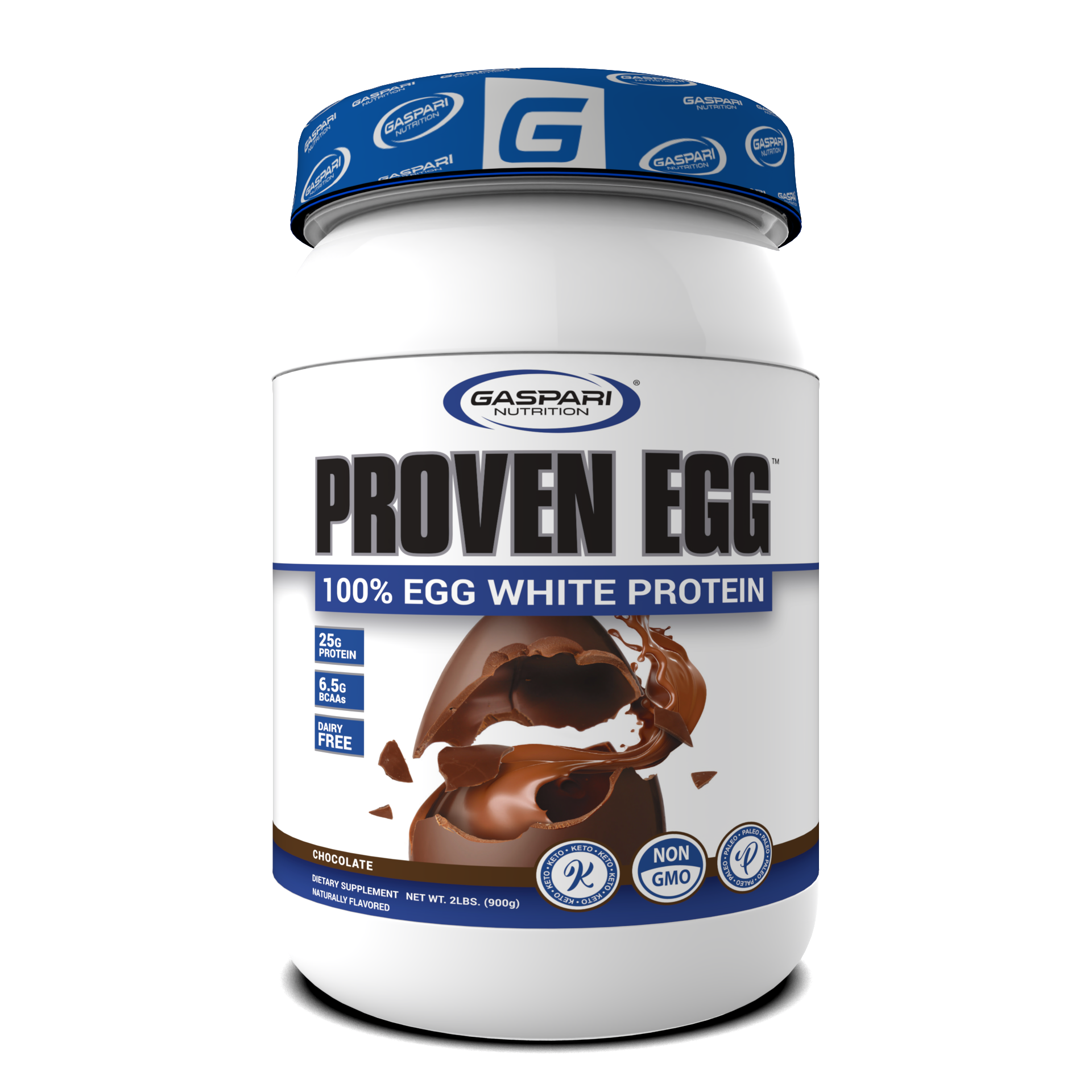



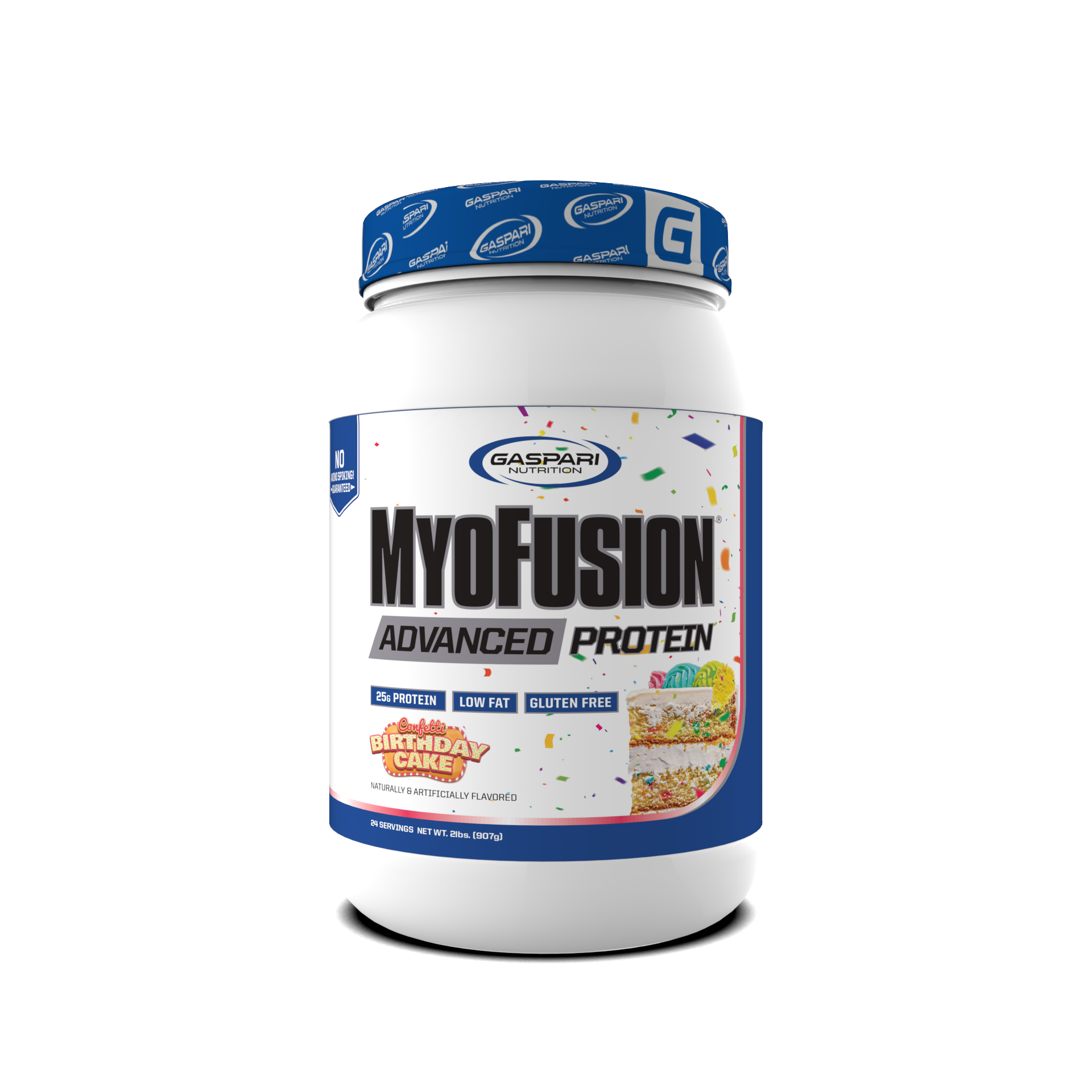



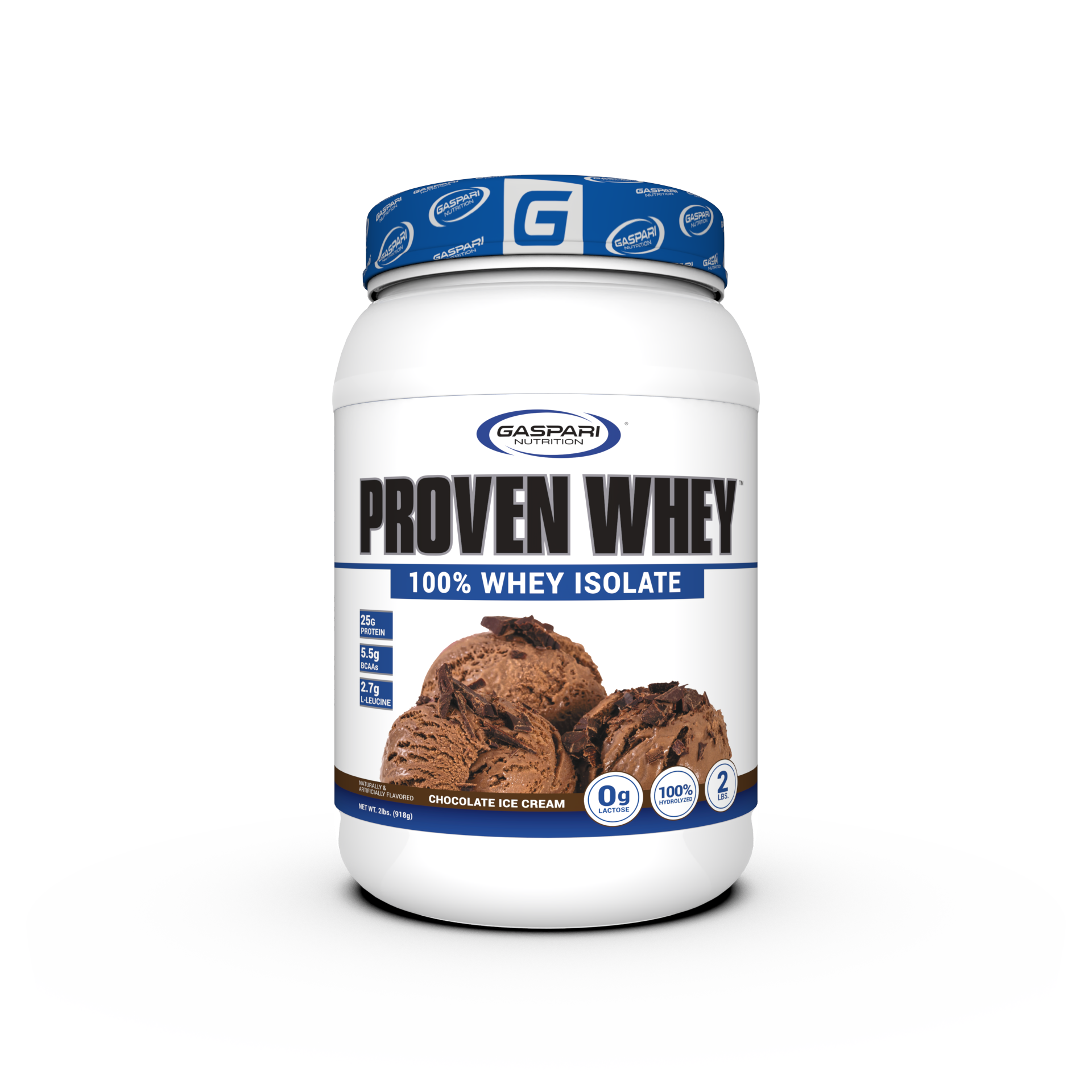




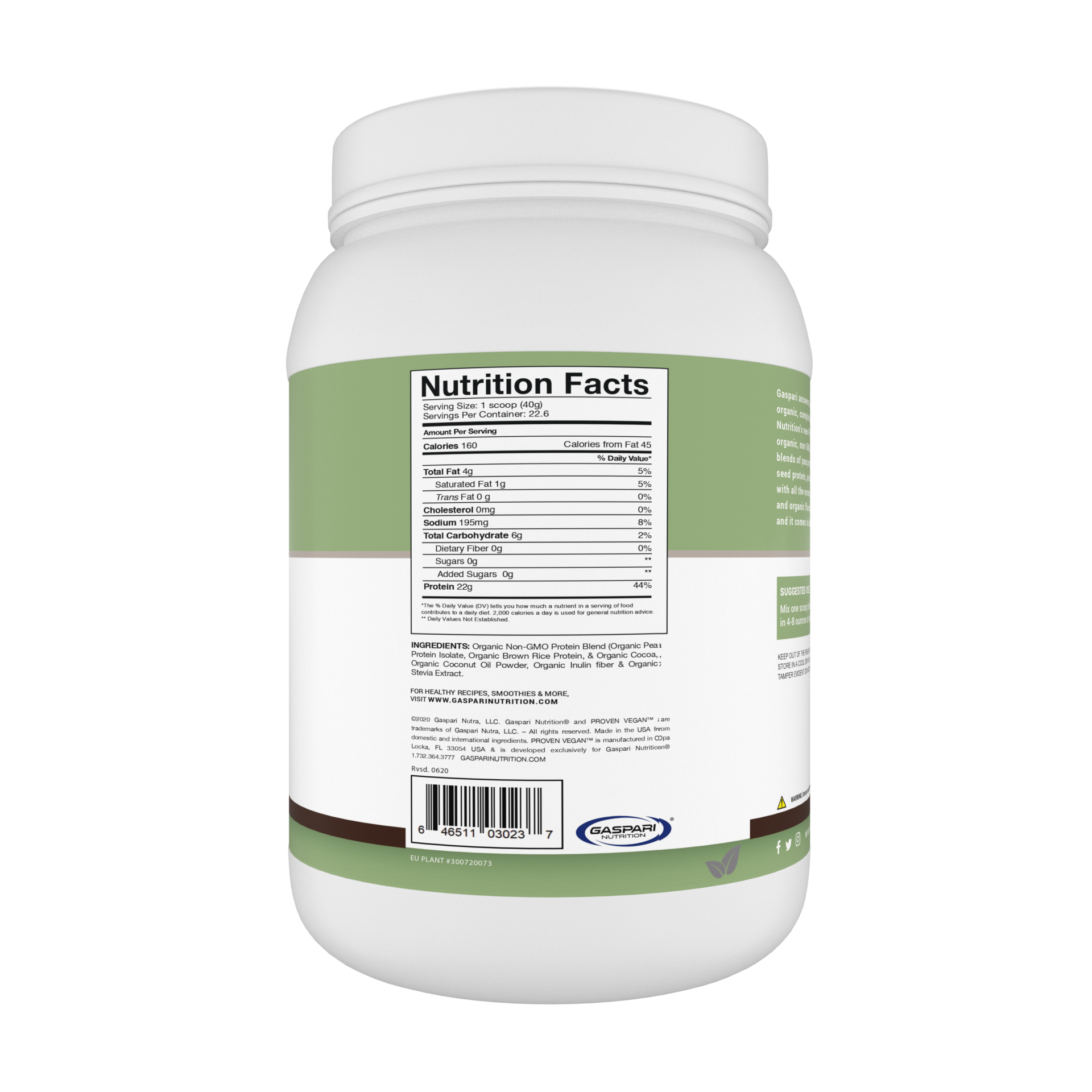






















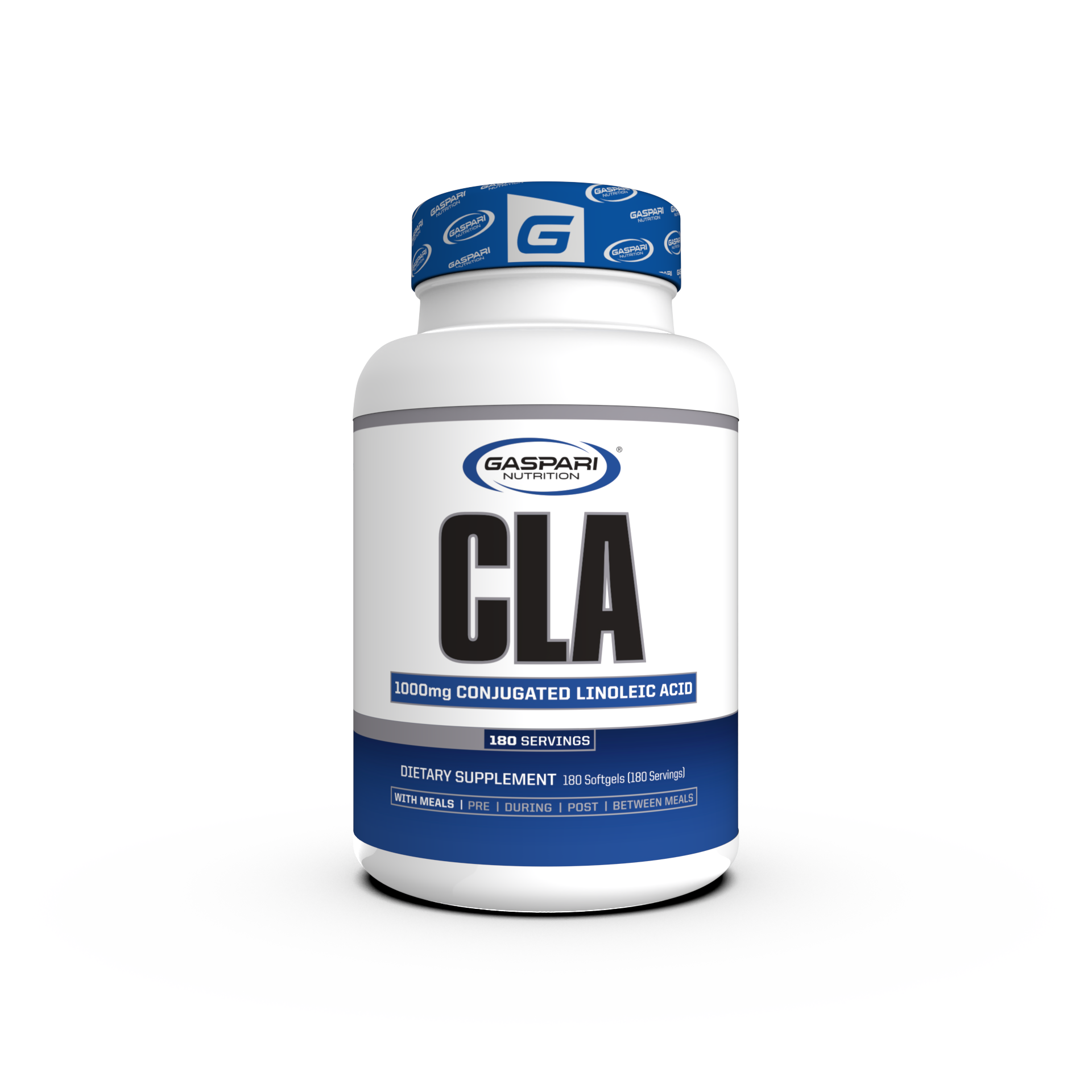



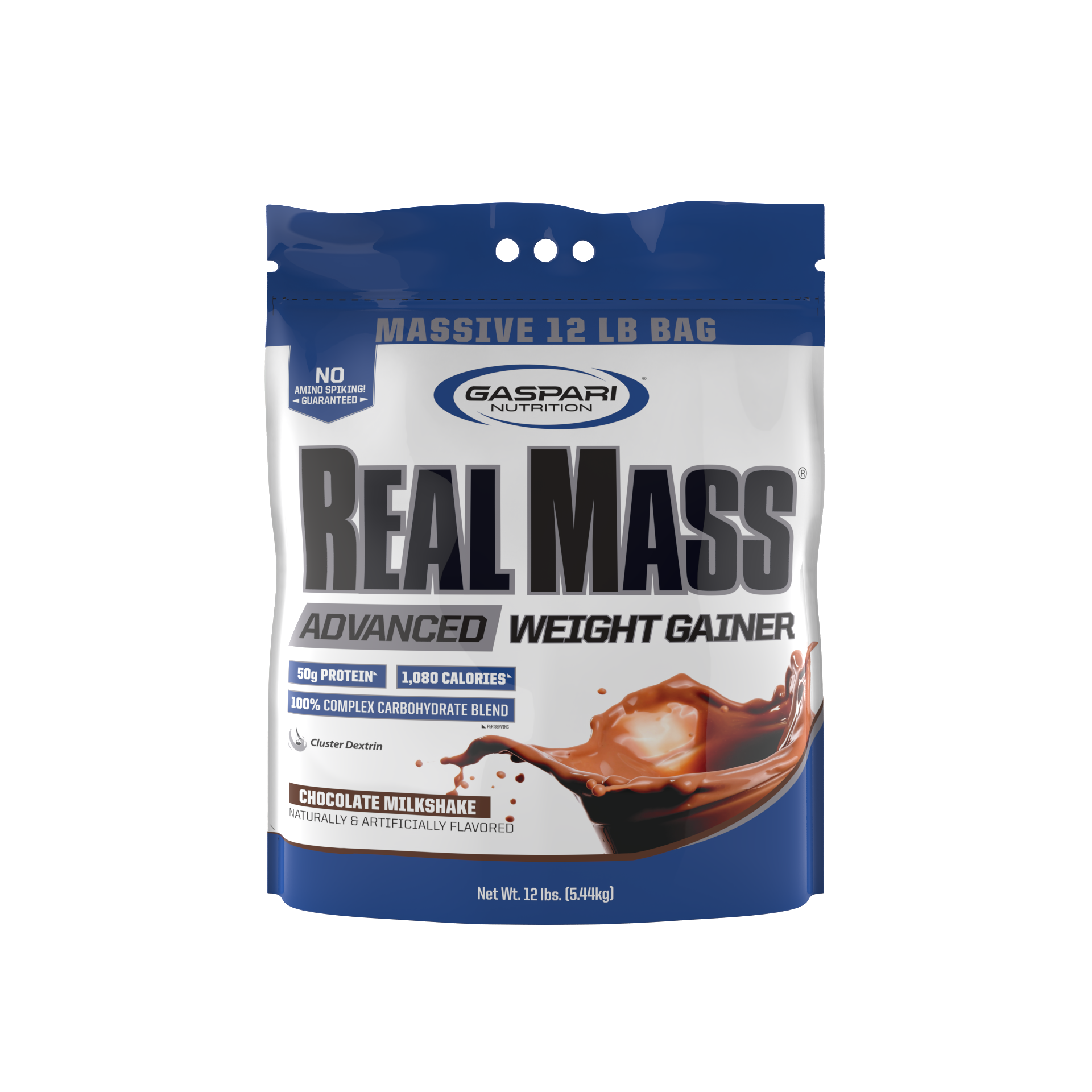











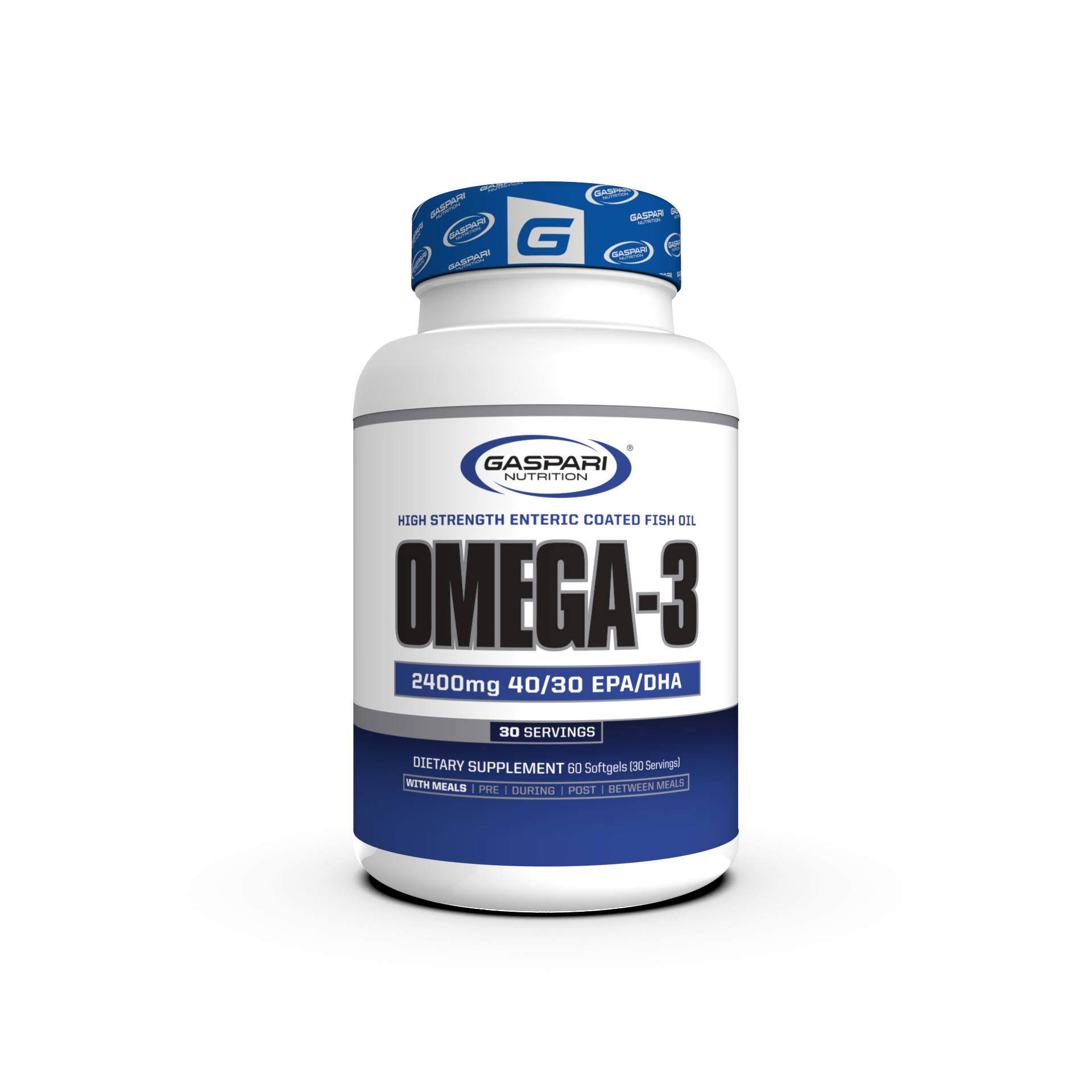



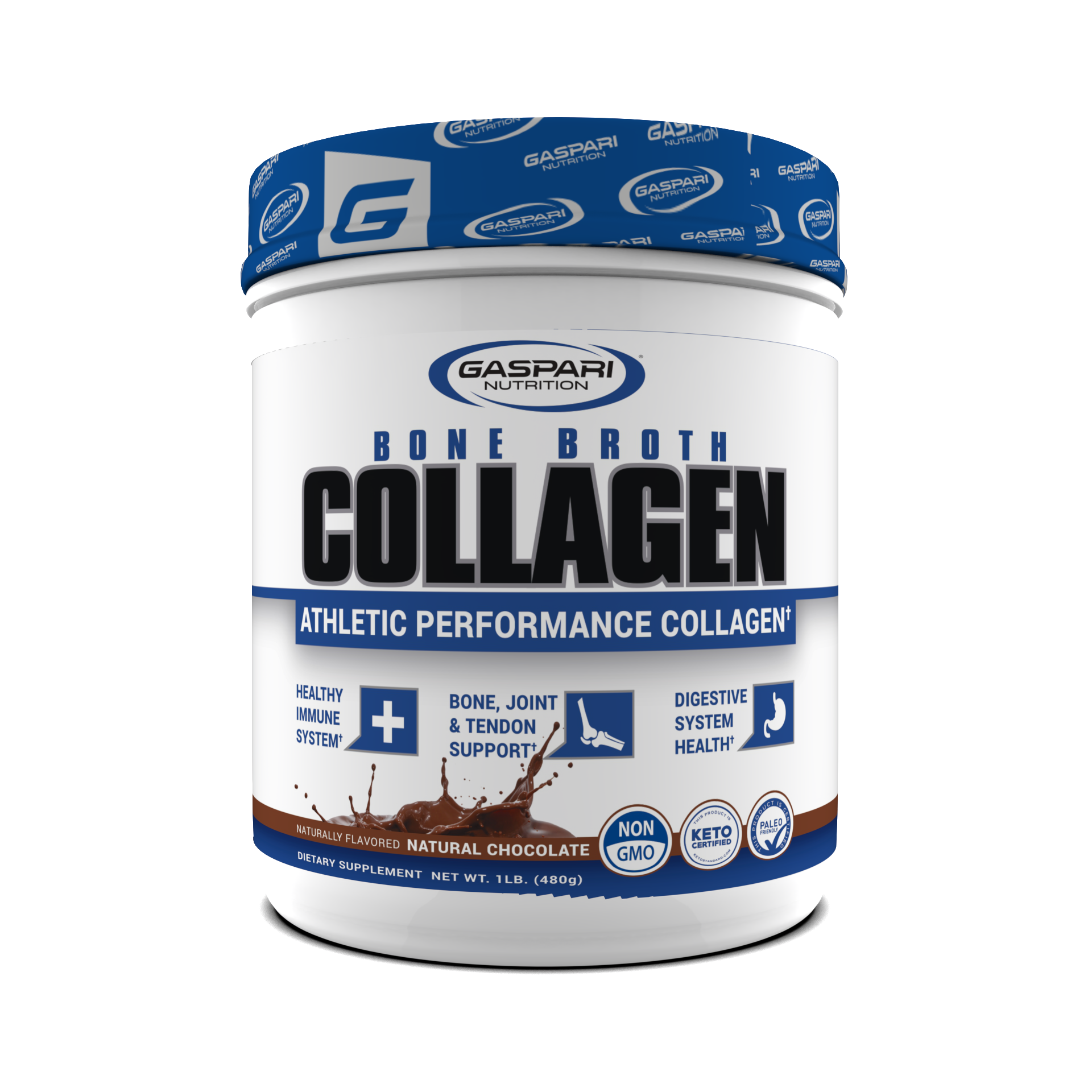



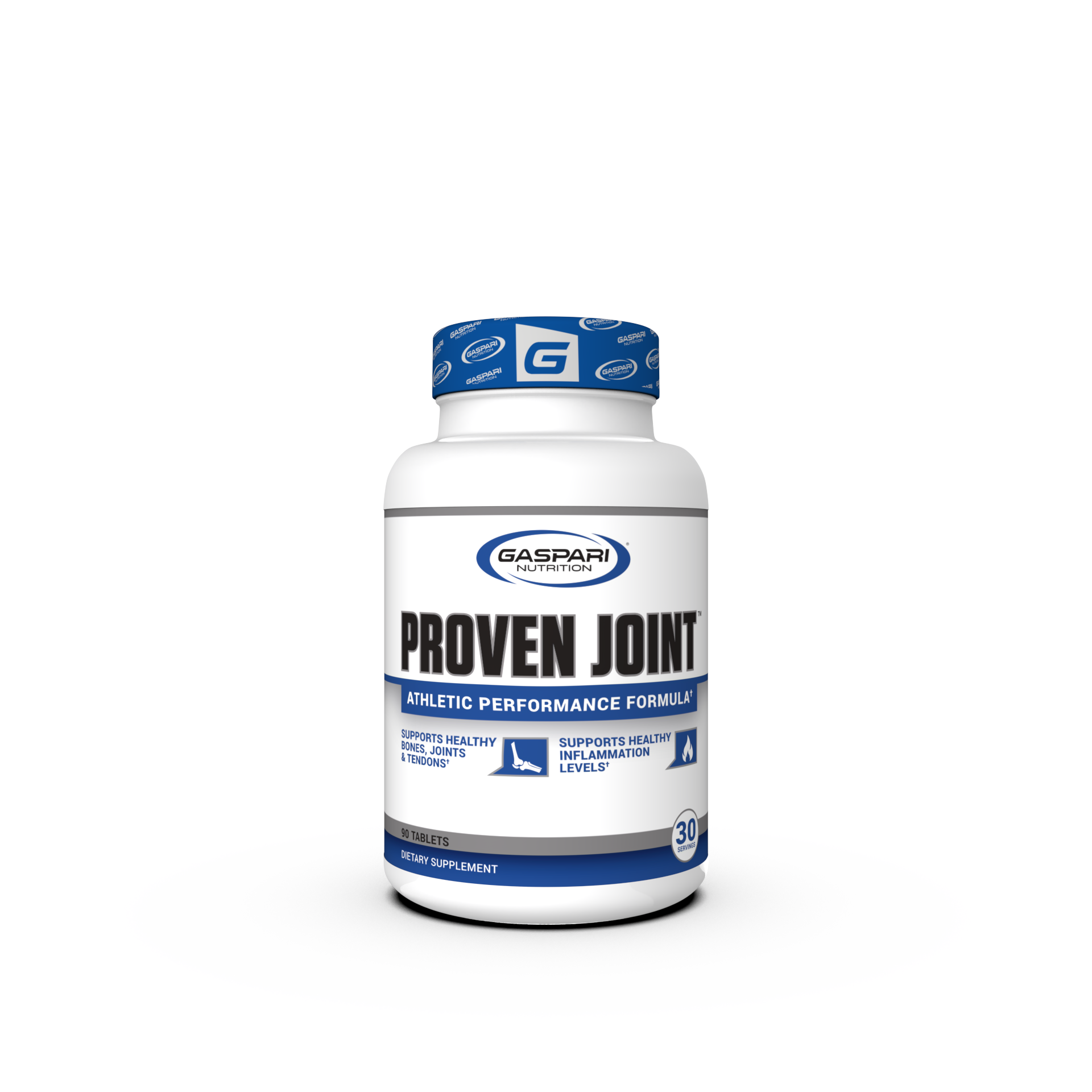








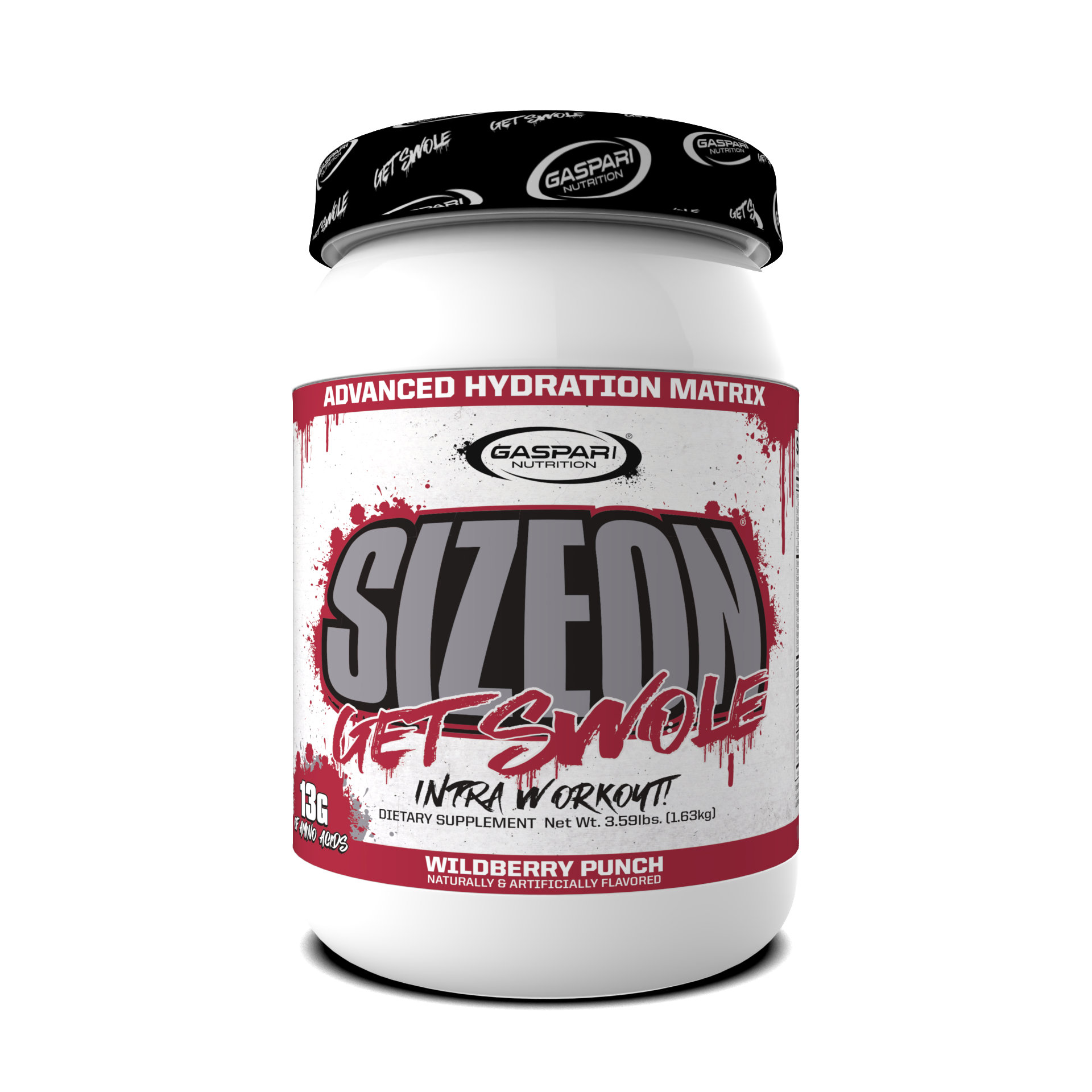


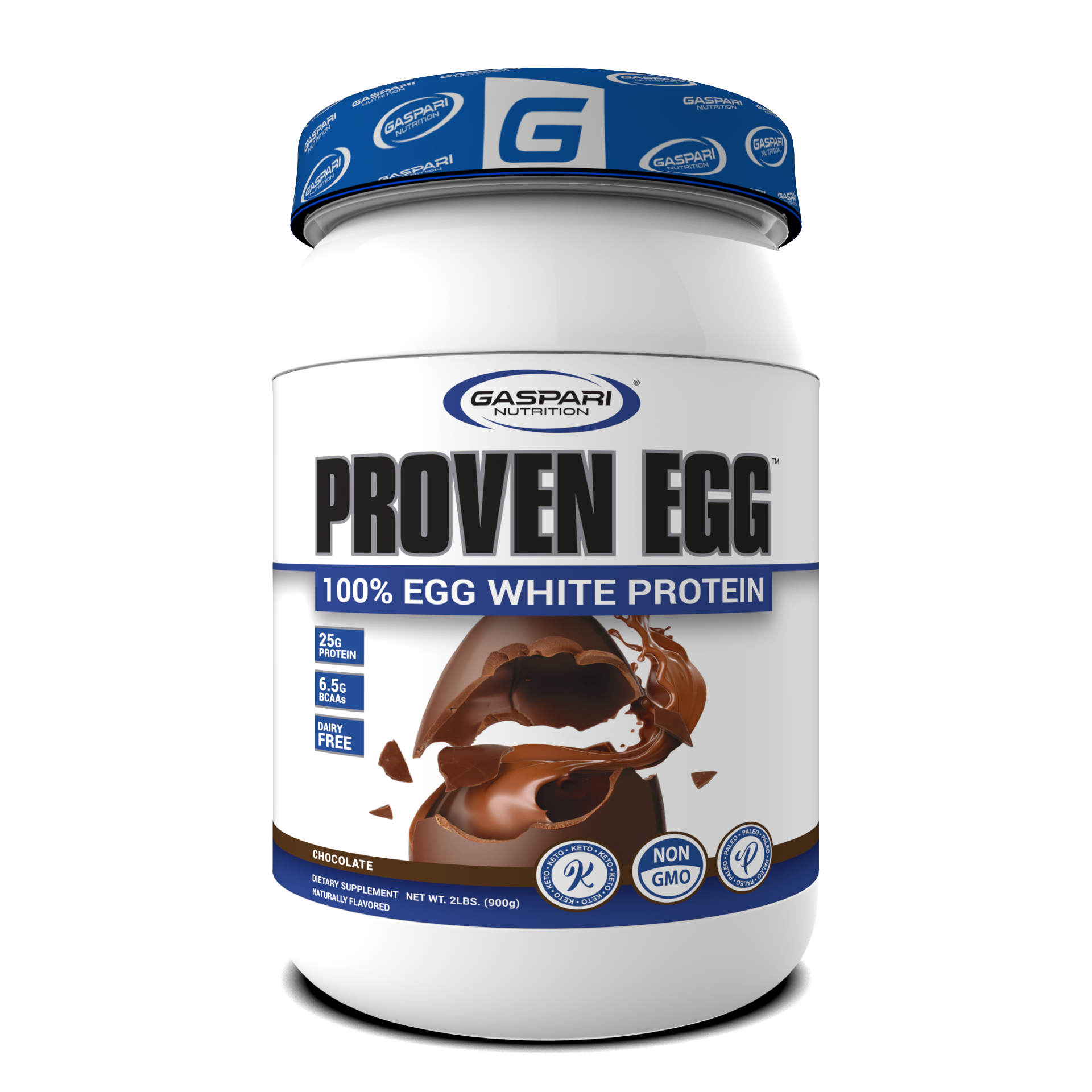

Share:
The Flaws Of BMI
Why Do We Calculate BMI?